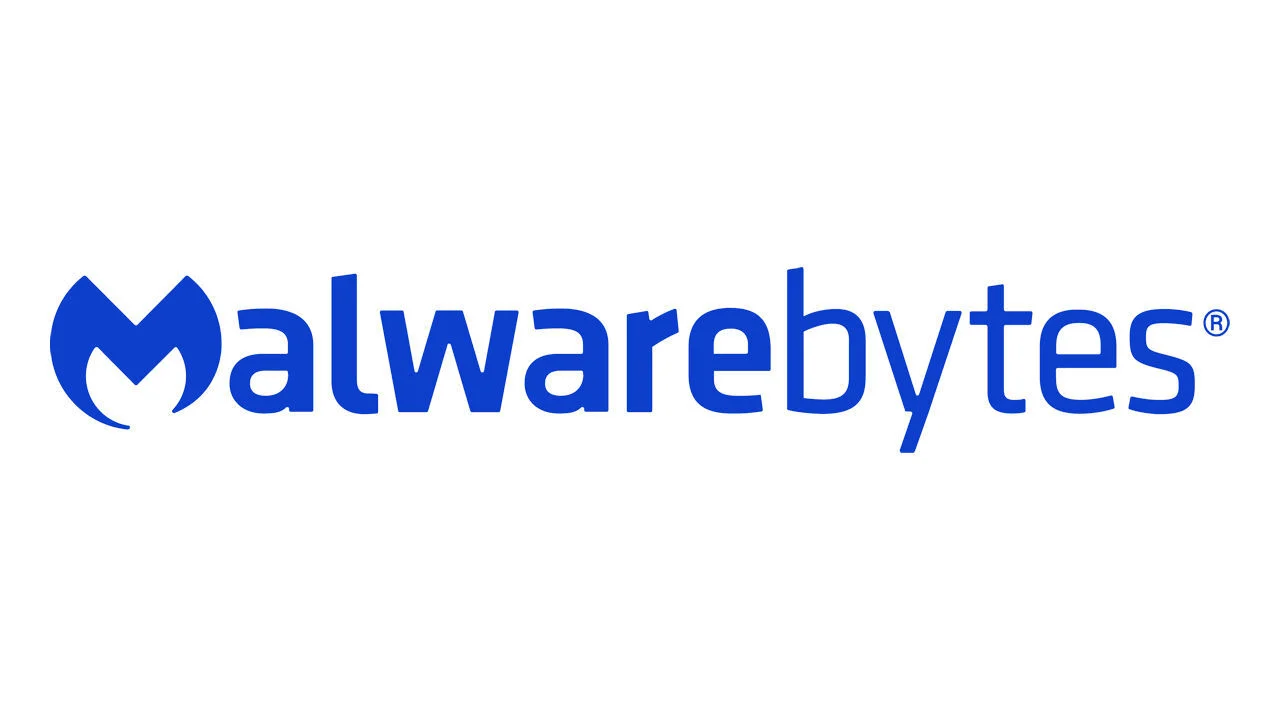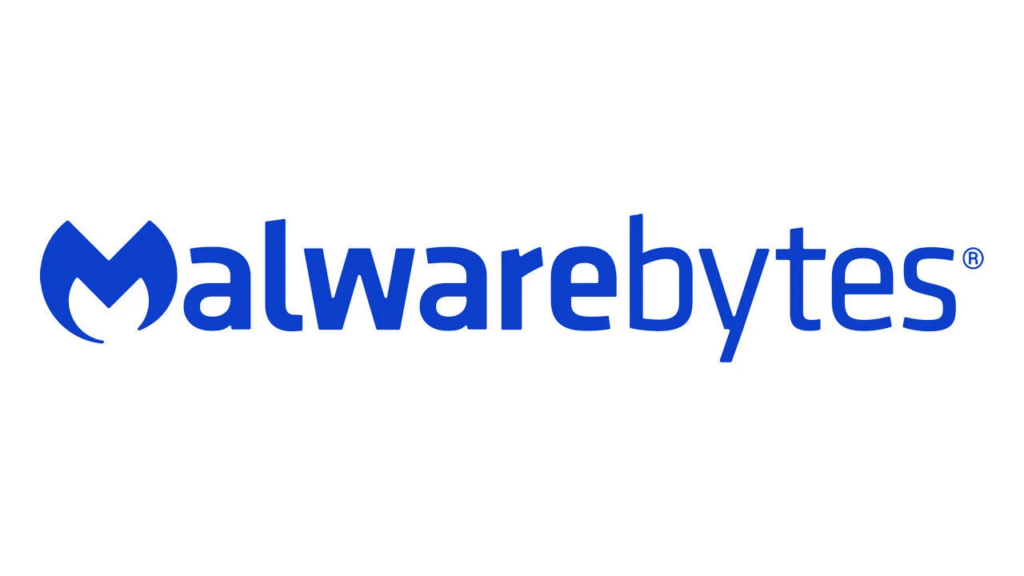Compare the Leading Antivirus Tools in 2024
- Last Updated: July 2024
- Established: 2008
- Achievement: Malwarebytes received the award of the AVLab Cybersecurity Foundation Product of the Year 2024 Advanced Into-the-Wild Malware Test.
- Offers a free version for on-demand scans, making basic protection accessible to all users.
- Goes beyond just antivirus software, offering features like adware blocking and identity protection for a comprehensive security suite.
- Safeguards your devices wherever you go online, whether on Windows, macOS, Android, or iOS.
Our Top Choice
Understanding the Range and Scope of Antivirus Software in Digital Defense
In today’s digital landscape, where cyber threats loom large, antivirus software is a crucial line of defense for individuals and businesses. Commonly known as “antivirus,” this software is specifically crafted to identify, thwart, and eliminate various forms of malicious software (malware) from computers, smartphones, and other electronic devices. Malware encompasses many threats, such as viruses, worms, Trojans, ransomware, spyware, and adware, each presenting unique risks to data security and privacy.
The primary objective of antivirus software is to safeguard devices by identifying and neutralizing threats before they can cause harm. This proactive approach helps users maintain the integrity of their systems, protect sensitive information, and ensure uninterrupted operation without the fear of cyberattacks.
Understanding and managing antivirus protection is crucial for digital health and compliance, whether you are an individual user, a small business owner, or a corporate entity. This is where professional antivirus services play a pivotal role, offering expertise and support to ensure you navigate the cybersecurity landscape confidently and efficiently.
Professionals in this field, such as cybersecurity experts and consultants, possess specialized knowledge of digital threats and protection strategies. This enables them to provide accurate guidance and optimize security outcomes for their clients, ensuring that your specific needs are met.
Key Features of Antivirus Software
Modern antivirus software offers a range of features beyond basic malware detection and removal. Here are some of the most common features you can expect:
- Real-time Protection: As mentioned earlier, this constantly monitors your system for suspicious activity.
- Scheduled Scans: You can schedule regular scans of your system or specific folders to ensure ongoing protection.
- Email Protection: Scans incoming and outgoing emails for malware attachments and phishing scams.
- Web Protection: Blocks access to malicious websites that host malware or phishing attempts.
- Firewall: Monitors incoming and outgoing network traffic to prevent unauthorized access to your device.
- Parental Controls: Helps you restrict access to inappropriate websites and applications for your children.
- Sandbox Mode: Creates a safe environment to test suspicious files without risking damage to your system.
- Identity Theft Protection: Some antivirus software offers additional features to monitor your online activity and alert you to potential identity theft risks.
- Password Management: Integrates secure password storage and management tools.
- Cloud-based Scanning: Leverages cloud-based resources for faster and more comprehensive threat detection.
Types of Antivirus Software
Antivirus software can be categorized based on deployment methods and intended users. Here is a breakdown of the most common types:
Standalone Antivirus
These traditional antivirus programs installed on individual devices offer basic protection against various threats.
Internet Security Suites
Comprehensive packages include antivirus protection and features like firewall management, parental controls, and secure browsing tools.
Enterprise Solutions
These antivirus solutions, tailored for businesses, often include centralized management consoles, scalability features, and advanced threat detection capabilities suitable for network environments.
Cloud-Based Antivirus
These solutions rely on cloud infrastructure for real-time scanning and threat detection, often requiring less local processing power.
Mobile Antivirus
Specifically designed for smartphones and tablets, these antivirus programs address mobile-specific threats such as malware embedded in apps or malicious links.
Free Antivirus
Basic antivirus software is offered at no cost. It typically has limited features compared to paid versions but still provides essential protection.
How Does Antivirus Software Work
Antivirus software employs several techniques to detect and combat malware effectively:
- Signature-Based Detection: This is the most common method. Antivirus software compares files against a database of known malware signatures. If a match is found, the software identifies it as a threat and takes appropriate action.
- Heuristic Analysis: This technique goes beyond simple signature matching. It analyzes a file’s behavior to determine if it exhibits suspicious characteristics commonly associated with malware. For instance, if a file tries to modify critical system files or access sensitive data without permission, it could be flagged as a potential threat.
- Real-Time Protection: Antivirus software constantly scans your system for suspicious activity in real-time. This includes monitoring network traffic, email attachments and downloaded files to identify emerging threats that have yet to be included in the signature database.
- Behavior Monitoring: This advanced technique focuses on a program’s behavior rather than just its code. Antivirus software can detect previously unknown malware that operates maliciously by analyzing a program’s actions.
- Sandboxing: This creates a secure, isolated environment where suspicious files can be run without affecting your system. If the file exhibits malicious behavior in the sandbox, it can be identified as a threat without harming your device.
These methods work together to provide comprehensive protection against various malware threats. However, it is vital to understand that antivirus software is not foolproof. New malware variants are constantly being developed, so updating your antivirus software with the latest signatures and definitions is crucial.

 ICE
ICE

